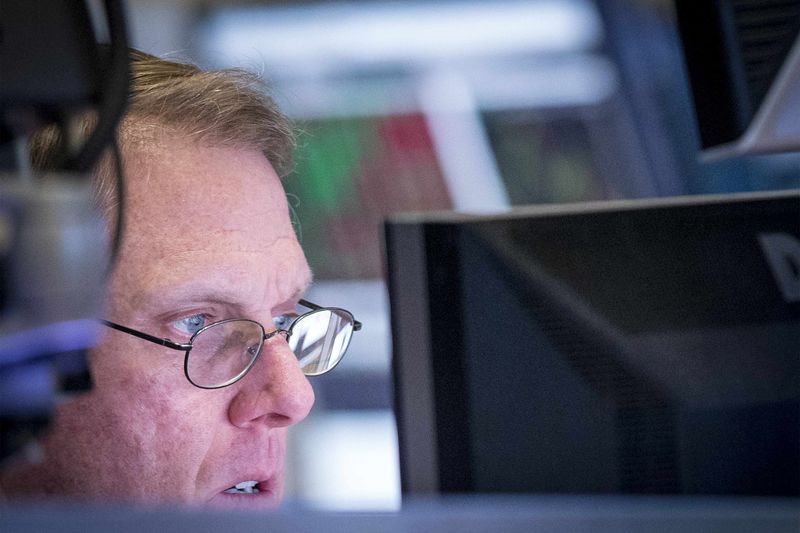The Federal Government and the South Australia State Government have finalised funding for a hydrogen terminal at Port Bonython near Whyalla, committing a combined $100 million.
The funds are earmarked for the establishment of a 'hydrogen hub' at Port Bonython to capitalise on South Australia's abundant solar and wind resources and its emerging hydrogen industry.
"Well positioned"
Prime Minister Anthony Albanese said the state was well-positioned to become a low-cost hydrogen supplier and predicted large-scale global exports of green hydrogen by the end of the decade. The local industry is expected to produce up to 1.8 million tonnes of hydrogen by 2030.
"Because there's such available land there of course, there's abundant solar and wind resources, South Australia is primed to become a world-class low-cost hydrogen supplier, and the government has a comprehensive plan to develop a hydrogen industry in the Spencer Gulf," said Albanese.
The terminal could also serve as a power source for the adjacent Whyalla steelworks, currently owned by British billionaire Sanjeev Gupta.
The funding package forms part of the Federal Government’s $2 billion Hydrogen Headstart program as announced in this year's federal budget.
"Green light to get project underway"
South Australian Premier Peter Malinauskas described the funding package as “an official green light to get this project underway”.
He revealed that in addition to governments, the private sector would also contribute significantly to the Port Bonython project.
“There are private sector industry partners who have all made clear what their contribution to the project will be, that's $40 million from memory, so not an insignificant sum of funds coming together.”
The project aims to transform Whyalla into a renewable energy superpower, capitalising on local mineral resources and a separate proposed $593 million hydrogen power station that is touted to be "the world's largest hydrogen electrolyser".
While the Port Bonython project has bipartisan support, SA opposition leader David Speirs raised questions over budget estimates for the related hydrogen power station, suggesting that the proposed costs may not be realistic.
However, there’s no ignoring the opportunity that Australia has to be a renewable energy superpower with South Australia at the forefront of the transition.
